She is an engineer working at Aprie – Autonomous Province of Trento, focusing on energy efficiency. Her work specifically involves building energy retrofitting and the promotion of renewable energy sources.
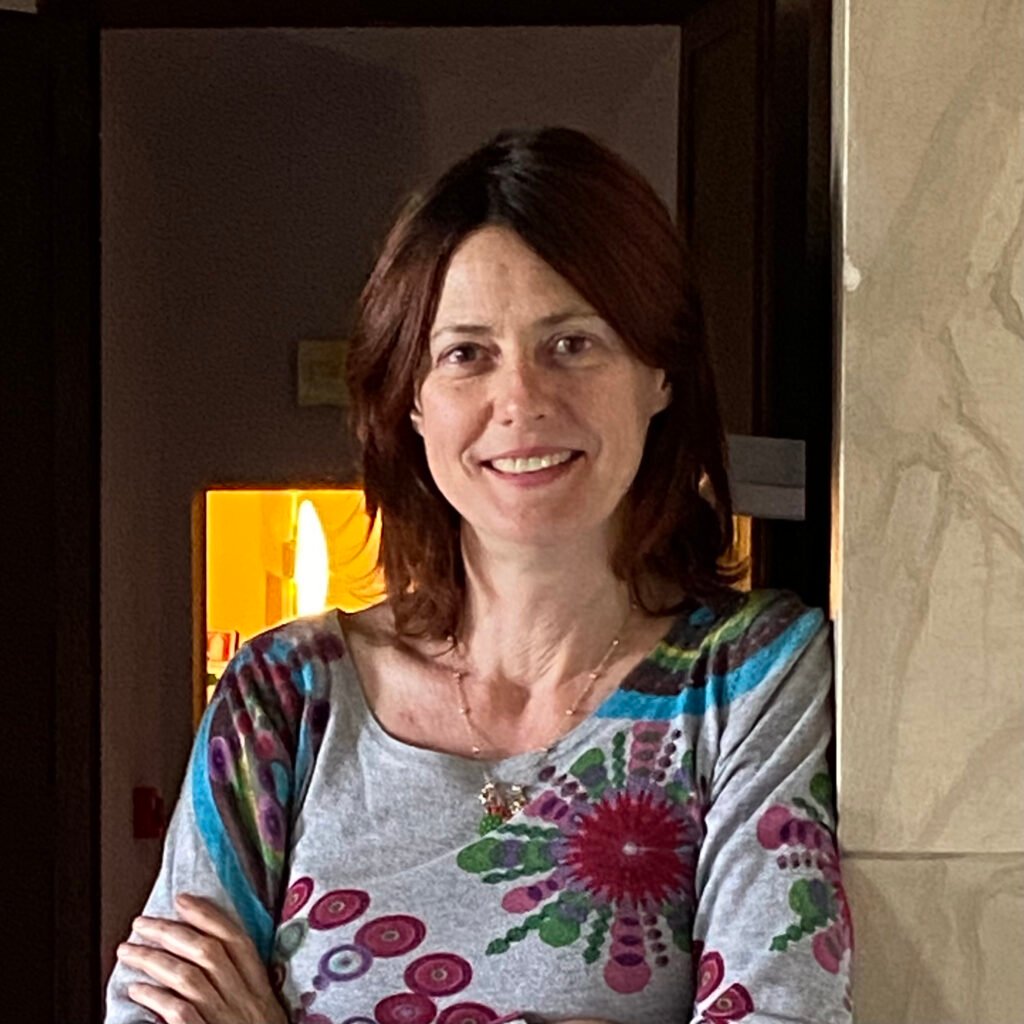
Alessandra Viola is a writer, journalist, and science communicator with a passion for the plant world. She teaches Environmental Communication at the Vita-Salute San Raffaele University in Milan and has written scientific essays translated worldwide, including Brilliant Green: The Surprising History and Science of Plant Intelligence (with Stefano Mancuso, Giunti 2013) and Flower Power: For the Rights of Plants (Einaudi 2020). She has also written and hosted the RAI television programs Clorofilla and Racconti verdi (Rai3). Twice winner of the National Award for Science Communication and the Gambrinus Prize, she has been recognized as Science Journalist of the Year, Nature Ambassador, and Environmentalist of the Year.

Alessio Gerola is a PhD candidate in Ethics of Technology at the Philosophy Group of Wageningen University. He explores the potential and limitations of biomimicry as sustainable design principle. Biomimetic technologies consist in the imitation or integration of natural design to solve technical problems, such as natural ventilation systems inspired by termite nests. As nature evolved very efficient solutions during 3.8 billion years of natural selection, bio-inspired and bio-integrated technologies promise to provide more sustainable and effective design solutions. As nature and technology become more and more integrated, the challenge is understanding how our relations to nature change along with our ability to control it. The project is part of the NWO Gravitation programme Ethics of Socially Disruptive Technologies (ESDiT) of the four technical universities in the Netherlands. Alessio is also interested in intercultural perspectives in philosophy, ethics and technology. As part of the European Network of Japanese Philosophy (ENOJP), he explores how East-Asian thinkers and concepts can help broaden our perspectives on technology, nature and society.
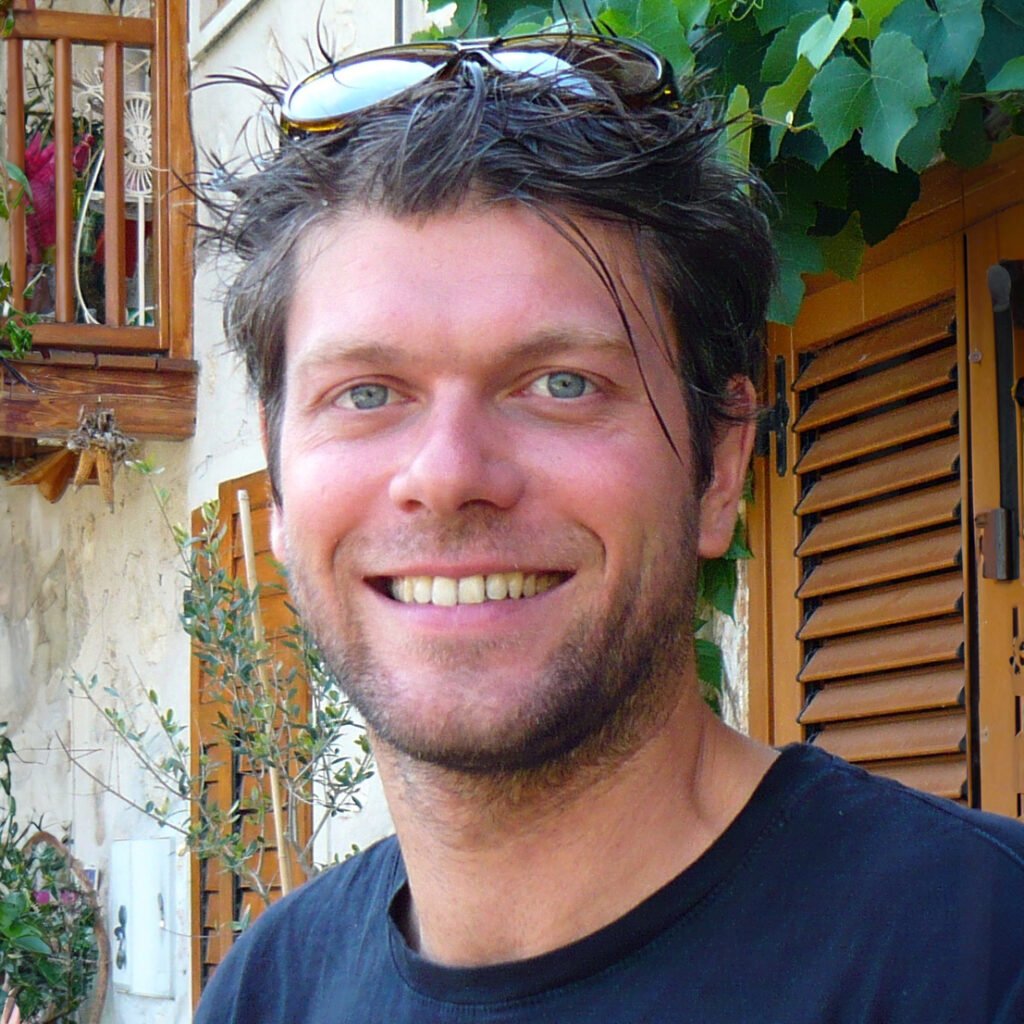
is an Italian-Dutch artist who finds his inspiration in the forms of nature, the earth, in the imaginary world linked to ancient civilizations and worlds that have now disappeared, experimenting with different artistic techniques and different types of materials. A fundamental theme in his work is the contact between man and Nature, increasingly fragile due to our loss of consciousness and lack of respect for our origins.
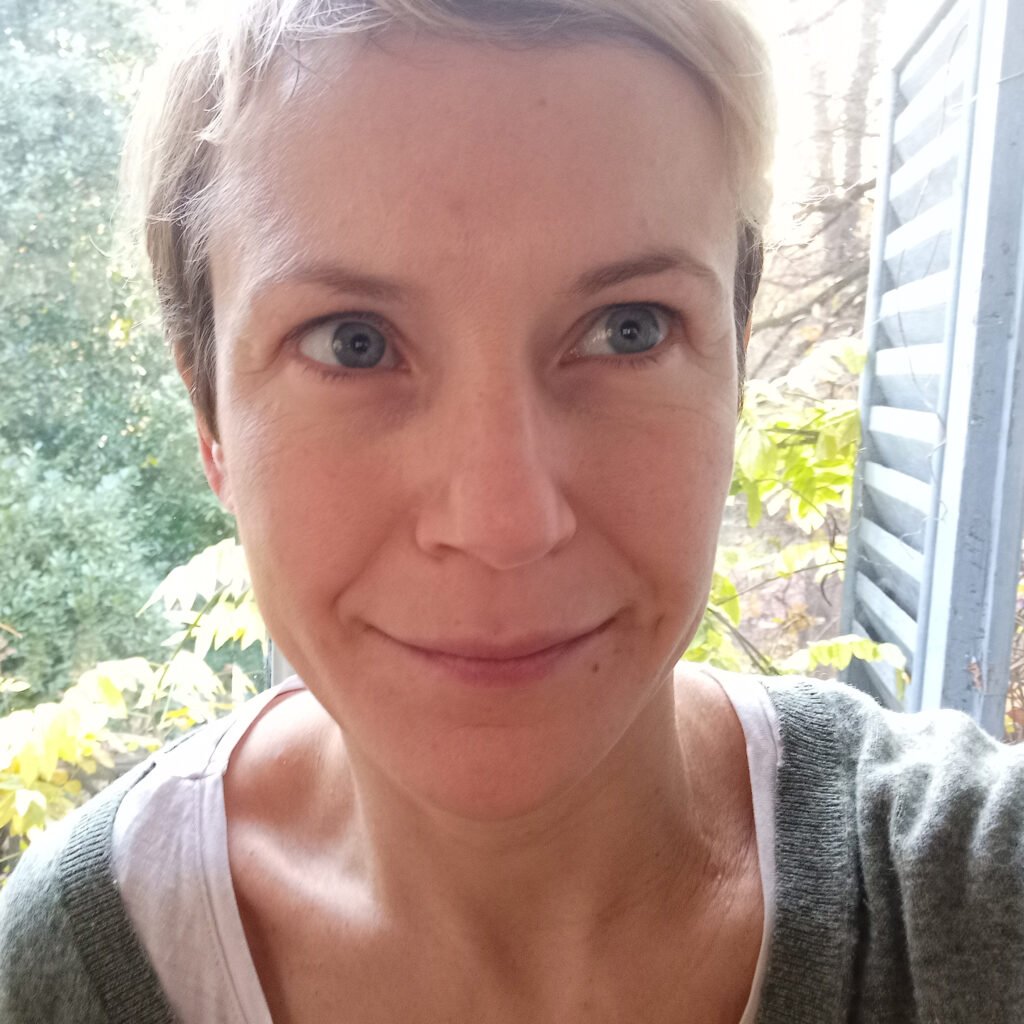
Alice Barale teaches Aesthetics of New Media in the Department of Cultural and Environmental Heritage at the University of Milan. She has worked extensively on Aby Warburg and Walter Benjamin, to whom she has dedicated numerous essays and two monographs (La malinconia dell’immagine, FUP, 2009; La prima impresa: Shakespeare in Warburg e Benjamin, Jaca Book, 2021). She also edited and translated into Italian Walter Benjamin’s Trauerspielbuch (Origine del dramma barocco tedesco, Carocci, 2018).
Her more recent research interests include the philosophy of color (Il giallo del colore, Jaca Book, 2020) and the relationship between art and artificial intelligence. On this topic, she edited the volume Arte e intelligenza artificiale: Be my GAN (Jaca Book, 2020) and published the monograph L’arte dell’intelligenza artificiale: parole-chiave filosofiche (Jaca Book, 2025; English edition: The Art of Artificial Intelligence: Philosophical Keywords, Cambridge Scholars, 2024).
In the past academic year (2024–25), she was the Principal Investigator of GPTheatre, an interdisciplinary project funded by the University of Milan that led to the creation of a performance developed with various forms of AI. The show humorously explores the arrival of this technology in the academic world (viaggIAccademici, Teatro degli Angeli, May 2025).
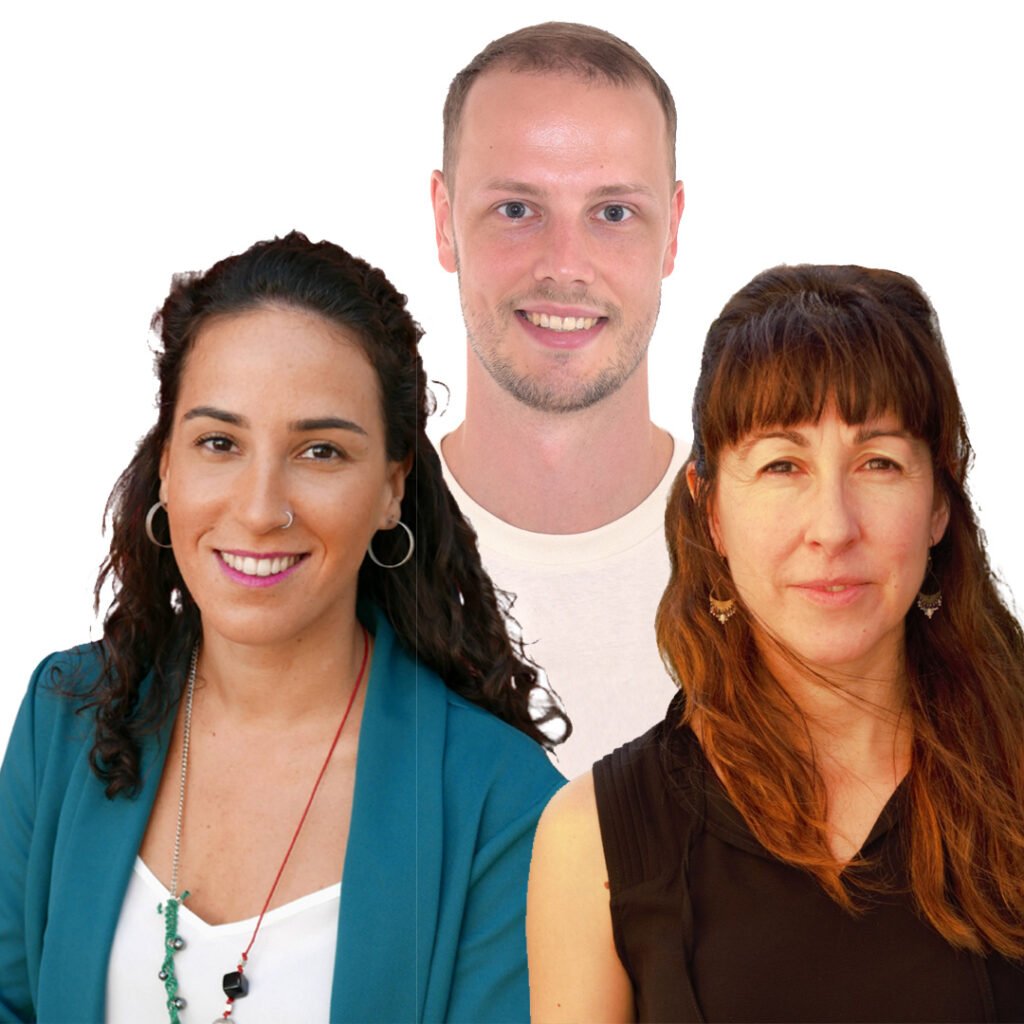
MARTA TERRADO
Marta Terrado is a senior researcher in the Earth Sciences Department at the Barcelona Supercomputing Center (BSC), where she co-leads the Knowledge Integration team. With a PhD in Earth Sciences from the University of Barcelona, her work focuses on human–environment interactions, climate change, and the societal implications of environmental issues. She specializes in innovative tools for science communication, stakeholder engagement, and knowledge co-production.
GERRIT VERSTEEG
Gerrit Bertus Versteeg is a junior environmental social scientist at the BSC’s Earth Sciences Department. A member of the Knowledge Integration Team, he works on story-based approaches to climate science and the co-production of actionable climate information. Holding an M.Sc. in International Land and Water Management from Wageningen University, he contributes to transdisciplinary projects bridging research and societal action.
CLÀUDIA HUERTAS
Clàudia Huertas is a science communicator in the BSC’s Knowledge Integration Team. She holds degrees in Biology and Business Administration, plus a postgraduate degree in Science Communication. Drawing from experience in both private and public sectors, she develops innovative ways to connect science and society, with a focus on climate change and its impacts on human health.
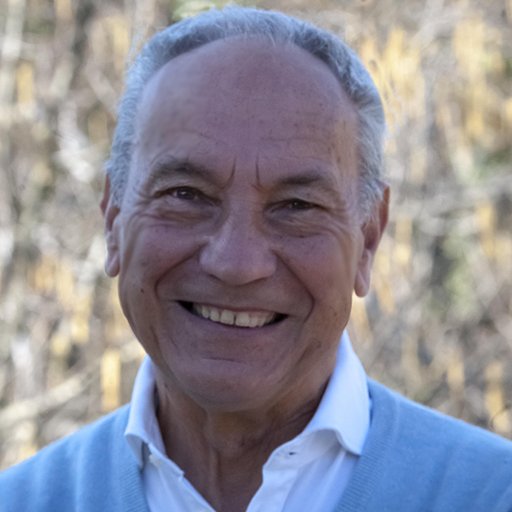
Dino Maurizio, current Director of the Rovereto Festival and Member of the Technical-Scientific Committee for Digital Skills at the Presidency of the Council of Ministers, has extensive and recognized experience in the digital field. He has held various roles, including President of Informatici Senza Frontiere, Director of IBM South Europe Business Transformation Outsourcing, CIO of IBM Italy, and Digital Champion for the Italian Digital Agency. He has also taught at Bocconi University in Milan and the Polytechnic University of the Marche.
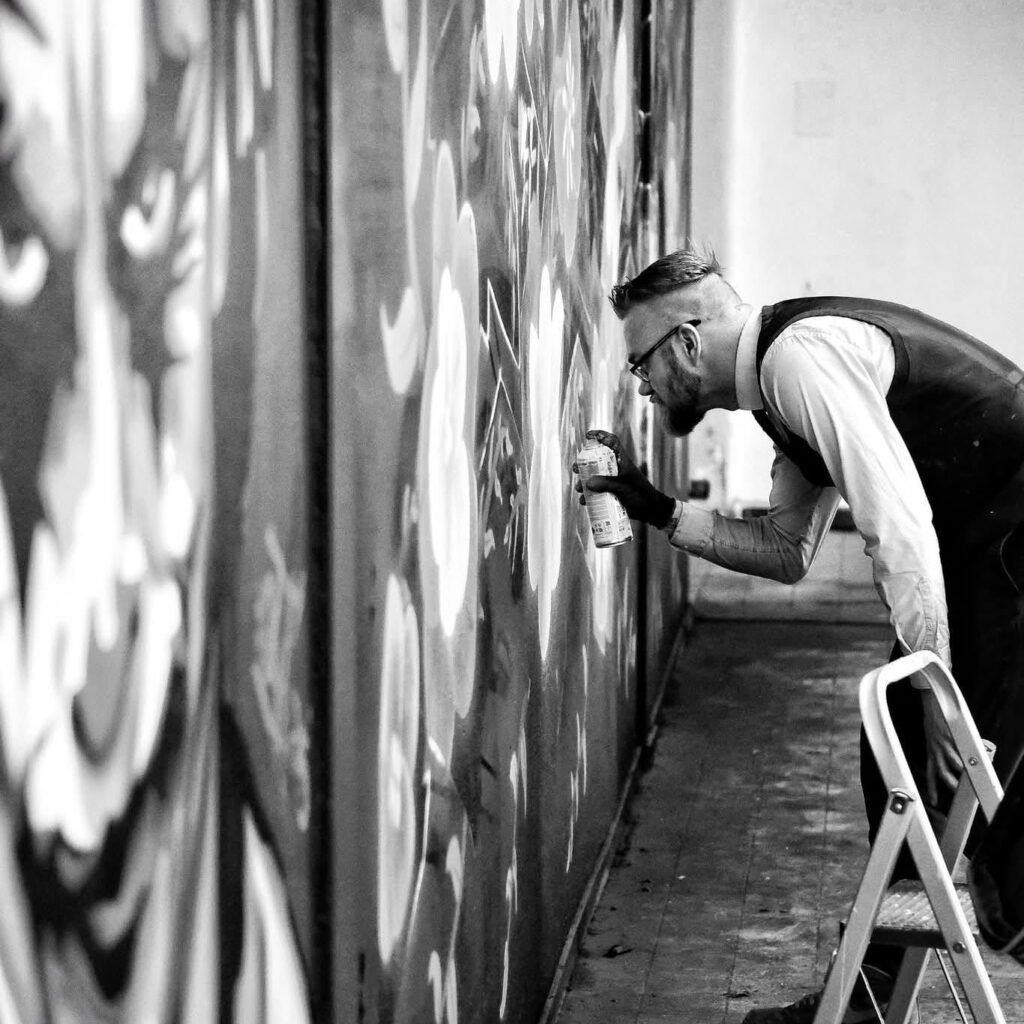
The artist known as EECH, otherwise Nick Sander, took his first steps in the world of graffiti in 2008, arriving at a mature and structured production starting in 2013. The post-pandemic period marked a significant evolution in his style, prompting him to experiment with a fusion of different typefaces and give life to his artistic alter ego, IAMEECH.
For EECH, greater complexity in letters equates to greater freedom of expression. His most recent research aims at an unprecedented harmony: it integrates natural elements, such as delicate flowers, with modern lettering strokes, all embellished with a more subtle and refined color palette.
In addition to creation, he cultivates a real passion for graffiti culture materials, being an avid collector of spray caps, the fundamental pieces of his equipment.
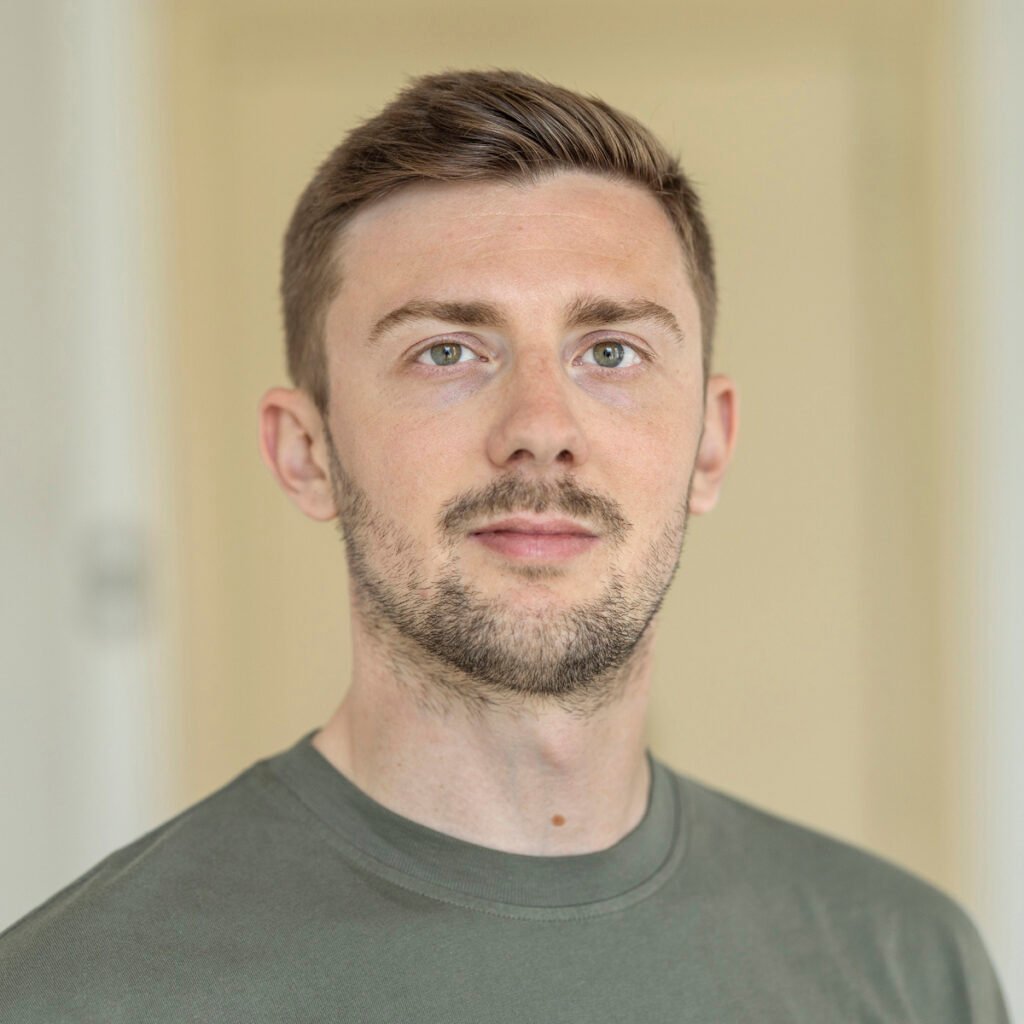
Dr. Fabian Ferrari is an Assistant Professor in Cultural AI at Utrecht University. He holds a PhD from the University of Oxford and an MSc from the London School of Economics. His research has been published in journals such as Nature Machine Intelligence, New Media & Society, and Big Data & Society. He has also co-edited a book, Digital Work in the Planetary Market, which was published open access by MIT Press. He is the Principal Investigator of the NWO-funded project Conditional Computing: Reimagining the Governance of Public AI Infrastructure (2026-2029).
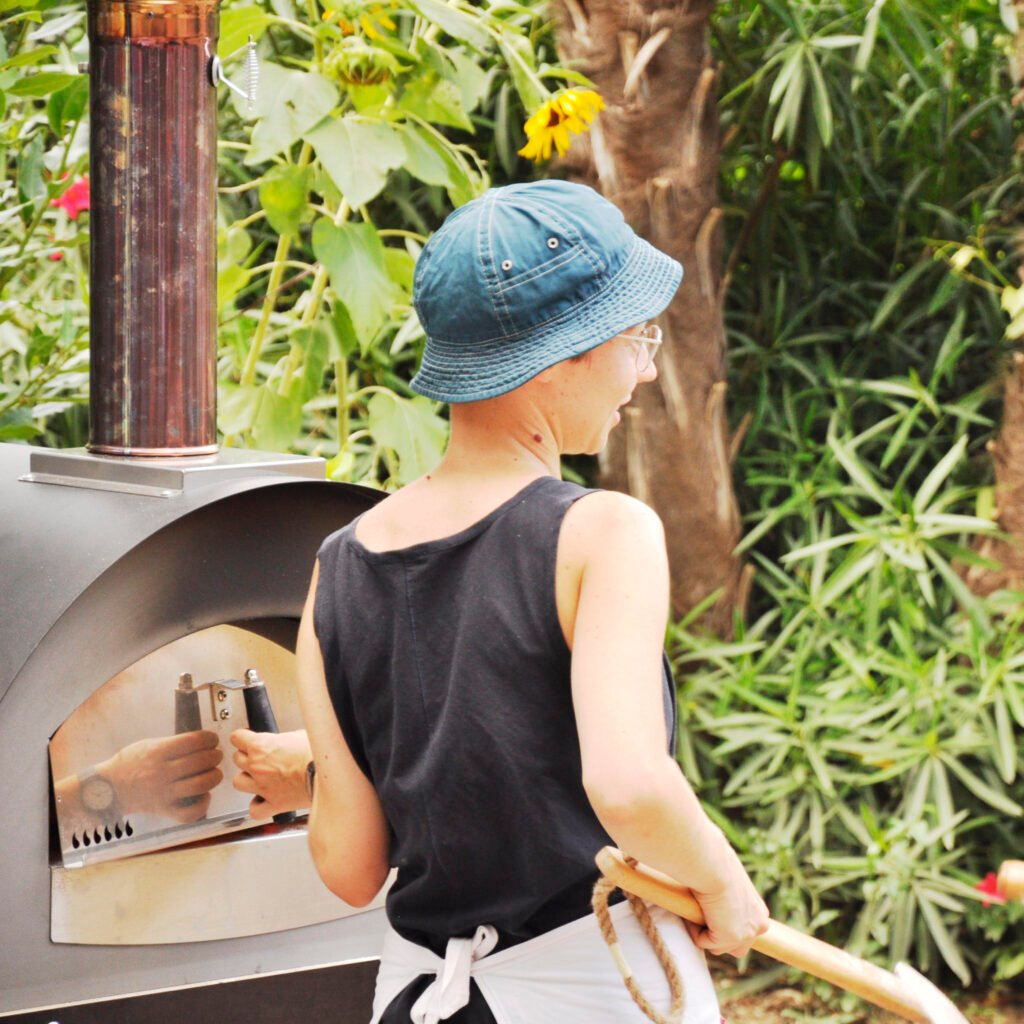
Flora Mammana is a politically engaged designer and an active member of La Foresta – Accademia di Comunità. She works on various projects focused on common goods (civic uses), biodiversity loss, and climate change—often through convivial experiences centered on preparing and sharing food, such as the Forno Vagabondo project. Since 2023, Flora has been passionately involved in mapping and reactivating collective assets in Trentino.

After teaching Italian at West Virginia University, she began her career in Italy as a humanities teacher and later specialized in the CLIL methodology, publishing articles on code-switching and young learners. She currently teaches History and Geography in English, as well as English, at a high school, and holds courses at the University of Linguistic Mediation FUSP in Trento and the University of Verona. She also leads online business English courses for companies and cultural institutions.
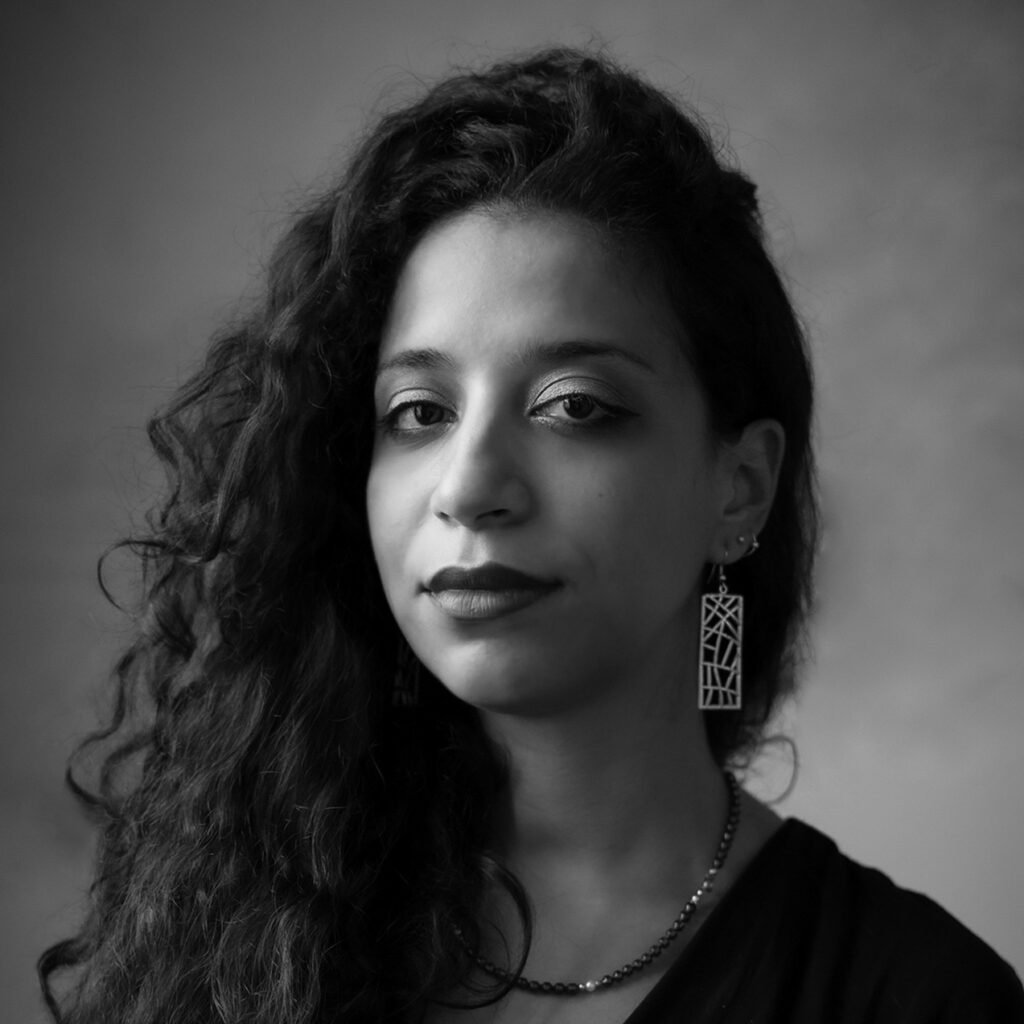
Indiara Di Benedetto (*1994, IT) is an experimental media artist with a background in video art, digital photography and visual design. Through entanglements between art, organic matter and observations of archaeology, her recent artistic research investigates the storytelling possibilities of technology and objects to create contemporary narratives and future imaginaries about human and non-human relations in a social and environmental crisis context.
Her artworks have been exhibited in several venues like ISEA2022 – 27th International Symposium on Electronic Art Barcelona, Ars Electronica Center, Castello d’Albertis Museo delle Culture del Mondo, CYENS Centre of Excellence Cyprus, etc.

Lavinia Laiti is an environmental engineer who has been working since 2021 at the Provincial Agency for Environmental Protection (APPA) of the Autonomous Province of Trento, contributing to the development of the forthcoming Provincial Strategy for Climate Change Mitigation and Adaptation. After earning her PhD in Environmental Engineering in 2013, she worked as a researcher and adjunct lecturer for several years at the University of Trento and the EURAC Research Center in Bolzano, focusing on meteorology and Alpine climatology.
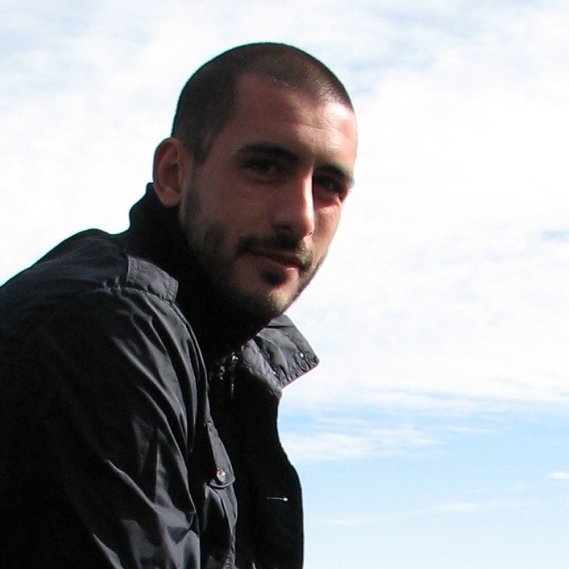
Lorenzo Giovannini is an Associate Professor in the Department of Civil, Environmental and Mechanical Engineering at the University of Trento. His research focuses on understanding meteorological phenomena in mountain environments, studying the microclimatic features of urban areas, and assessing the impacts of climate change in the Alpine region through both experimental data analysis and numerical weather modeling. He is involved in several research projects applying meteorology to areas such as pollutant dispersion, renewable energy assessment, agricultural support, and the optimization of urban microclimatic conditions.
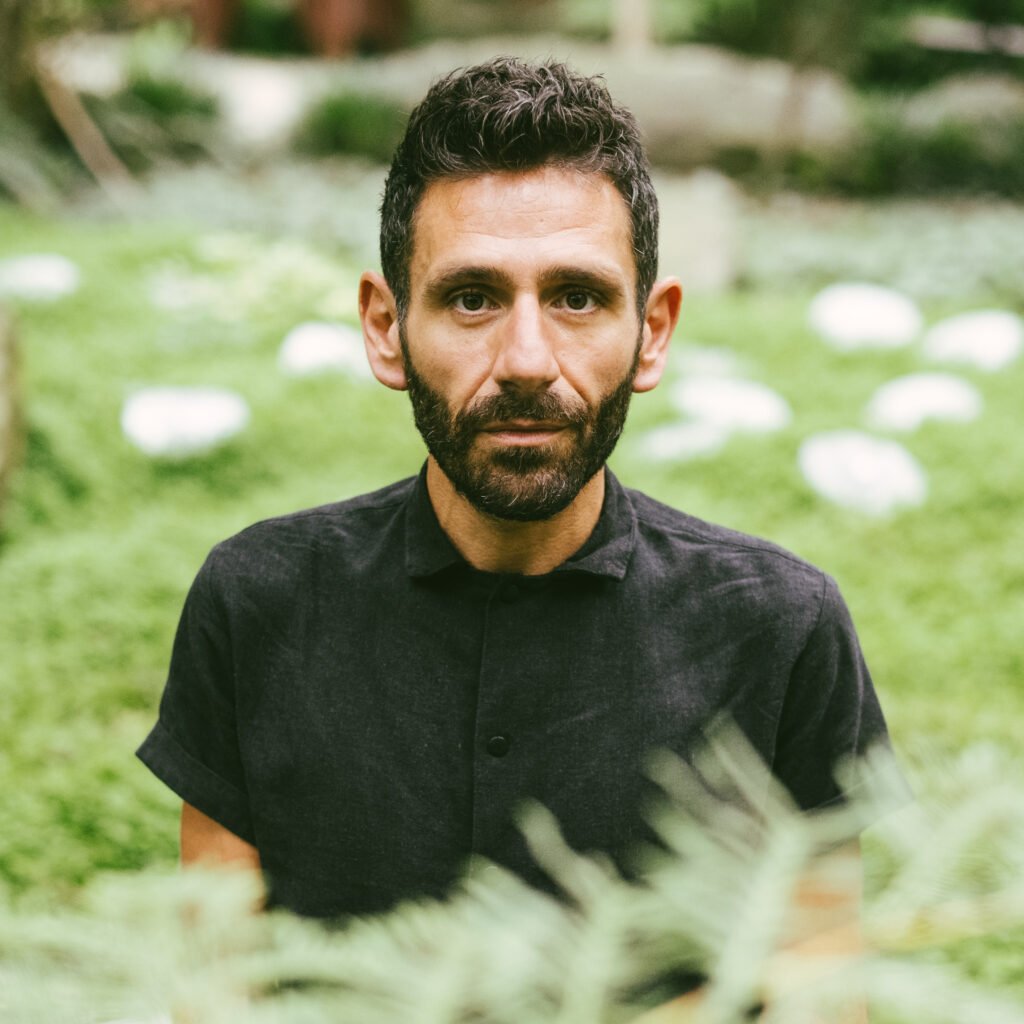
Marco Barotti is a multimedia artist who combines sound and visual art. Trained in music at the Siena Jazz Academy, he creates kinetic sound installations that merge audio technology, consumer objects, and waste materials into sound-driven moving sculptures. His work envisions a post-futuristic world through “technological ecosystems” resembling plants and animals, serving as metaphors for human impact on the planet and raising awareness of environmental and social issues.
He has received the Art & Science Breakthrough of the Year award from Falling Walls, an honorable mention from the S+T+ARTS Prize, and has won the NTU Global Digital Art Prize, the Tesla Award, and the Delux Colour Award. His works have been exhibited internationally at venues such as Ars Electronica (Linz), Saatchi Gallery (London), Futurium (Berlin), and the Gwangju Biennale.
Barotti has received grants from S+T+ARTS, Stiftung Kunstfonds, Emap/Emare, bbk, and Music Board Berlin, and has taken part in prestigious residencies including Art of Entanglement (TU Berlin, 2023), Zer01ne Creators Project (Seoul, 2022), and the WRO Center for Media Art (Wroclaw, 2019).
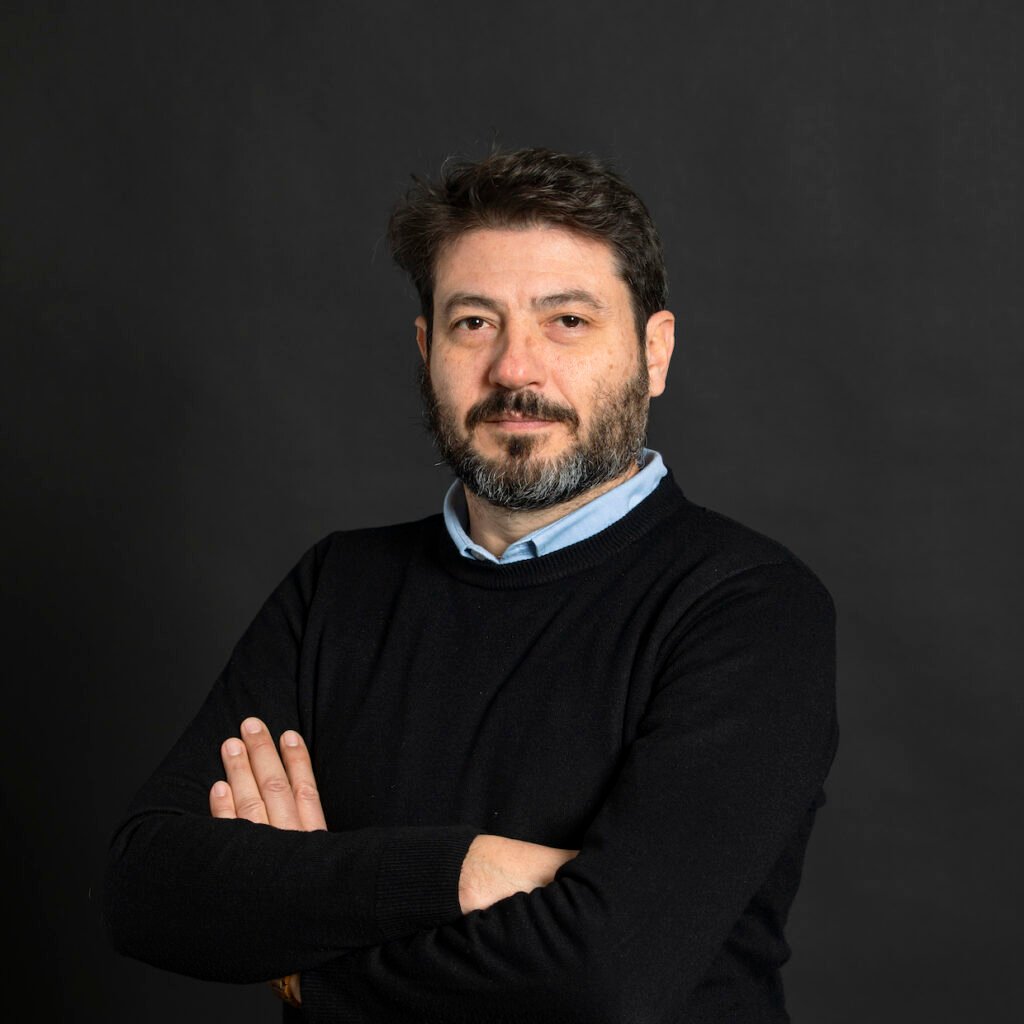
Maximiliano Romero is an associate professor of Design at the Politecnico di Milano. His main focus is interaction design and, more generally, ICT technologies in relation to humans. He specializes in human factors and has worked for many years in the field of assistive technologies, medical design, and disability. He was head of the Human-Computer Interaction research group at the Fraunhofer Institute AICOS in Portugal and professor at the University of Venice, where he worked on research into emergency design, particularly hydrogeological emergencies. In recent years, he has applied his knowledge to the broad topic of climate change and mitigation strategies.
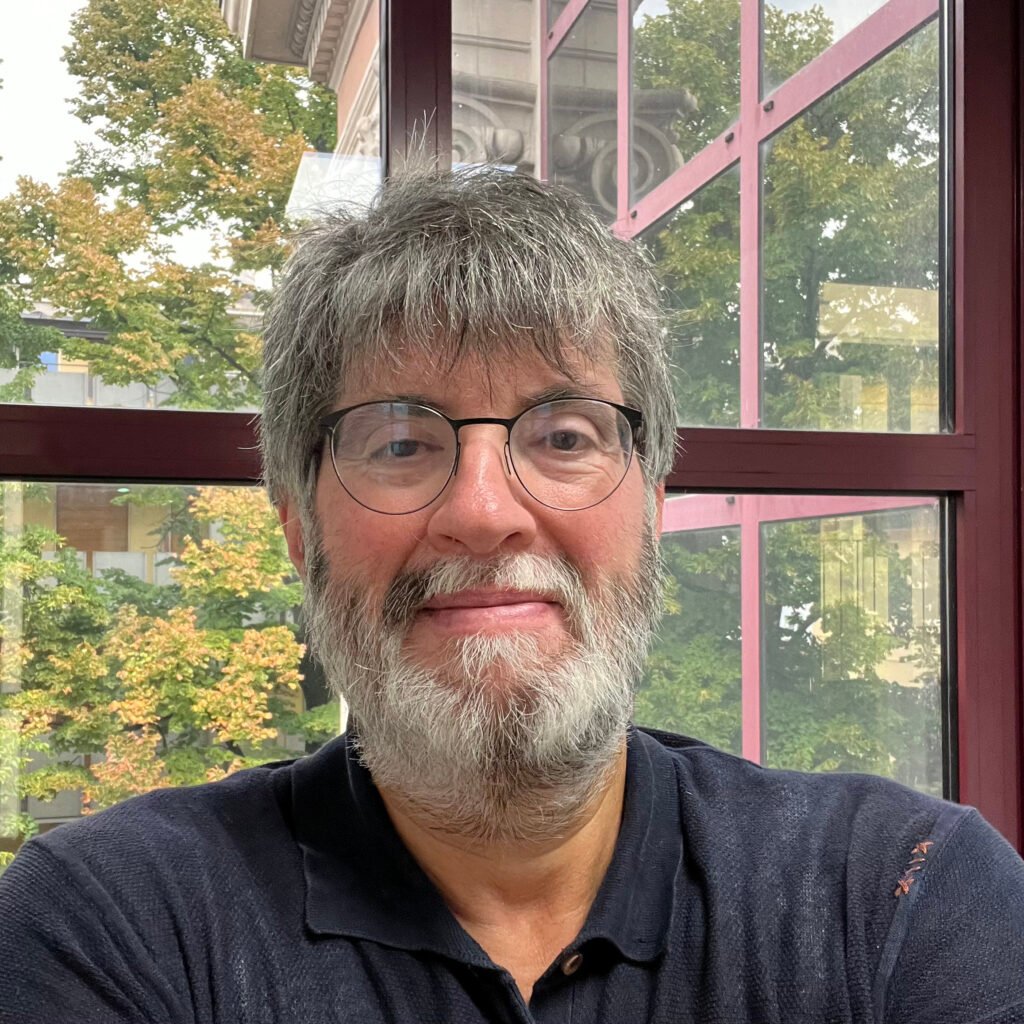
Pier Luigi Novi Inverardi is a Professor of Statistics in the Department of Economics and Management at the University of Trento, with a long-standing and solid affiliation and collaboration with the Department of Mathematics, where he carries out a considerable part of his teaching load. His research mainly focuses on the foundational topics of mathematical statistics, with particular attention to the indeterminate moment problems of Hamburger and Stieltjes, explored through techniques based on information theory and maximum entropy. Interdisciplinary dialogue with colleagues in economics and business has sparked a growing interest in the applications of data learning to sustainability and the development of multidimensional indicators needed to measure it. He has extensive experience in university teaching at all levels and in supervising bachelor’s, master’s, and doctoral theses. He actively collaborates with various research institutions in Italy and abroad, developing joint projects and promoting knowledge exchange, including as a speaker at national and international scientific conferences.
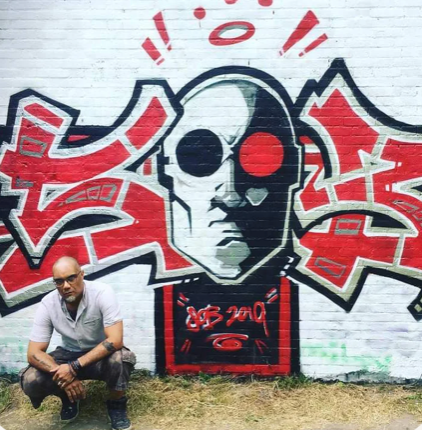
Raymond Spoelstra, aka Rayden Elodie, is a multifaceted Dutch artist whose creativity spans dance, music, design, and visual arts. Active internationally, under the pseudonym Rayden Elodie he has produced a multitude of striking street art works, creating large-scale murals in public spaces in Poland, Lithuania, Germany, and the Netherlands, as well as impressive works on interior walls for private clients. In addition to his personal artistic production, he has co-founded several pan-European networks of artists and combined his skills in marketing and economics with his passion for art, developing cultural projects, successful clothing lines, and collaborations with institutions such as the Straat Museum in Amsterdam. Always attentive to the younger generation, he has designed and conducted numerous art and sound workshops for children. In Rovereto, he is one of the creators of the Spray Vibes project, which will map the free walls in the Vallagarina area, and he is the creator and organizer of the large Novum Initium mural on the perimeter wall of the former Manifattura Tabacchi tobacco factory in Rovereto.
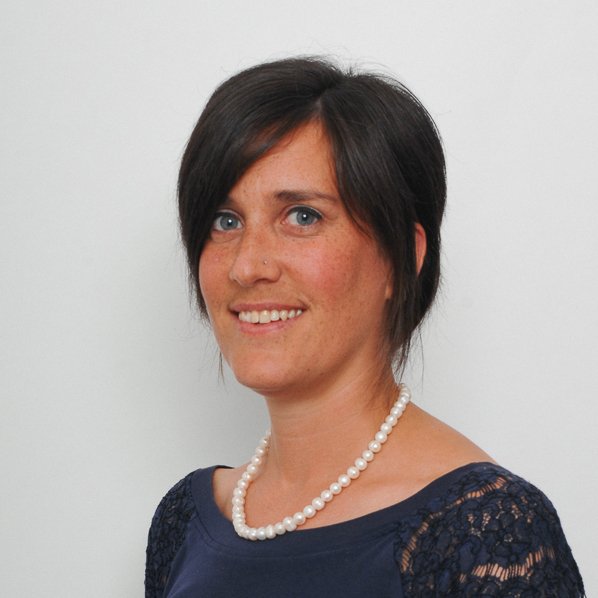
She is an engineer working at Aprie – Autonomous Province of Trento, focusing on energy efficiency. Her work specifically involves building energy retrofitting and the promotion of renewable energy sources.
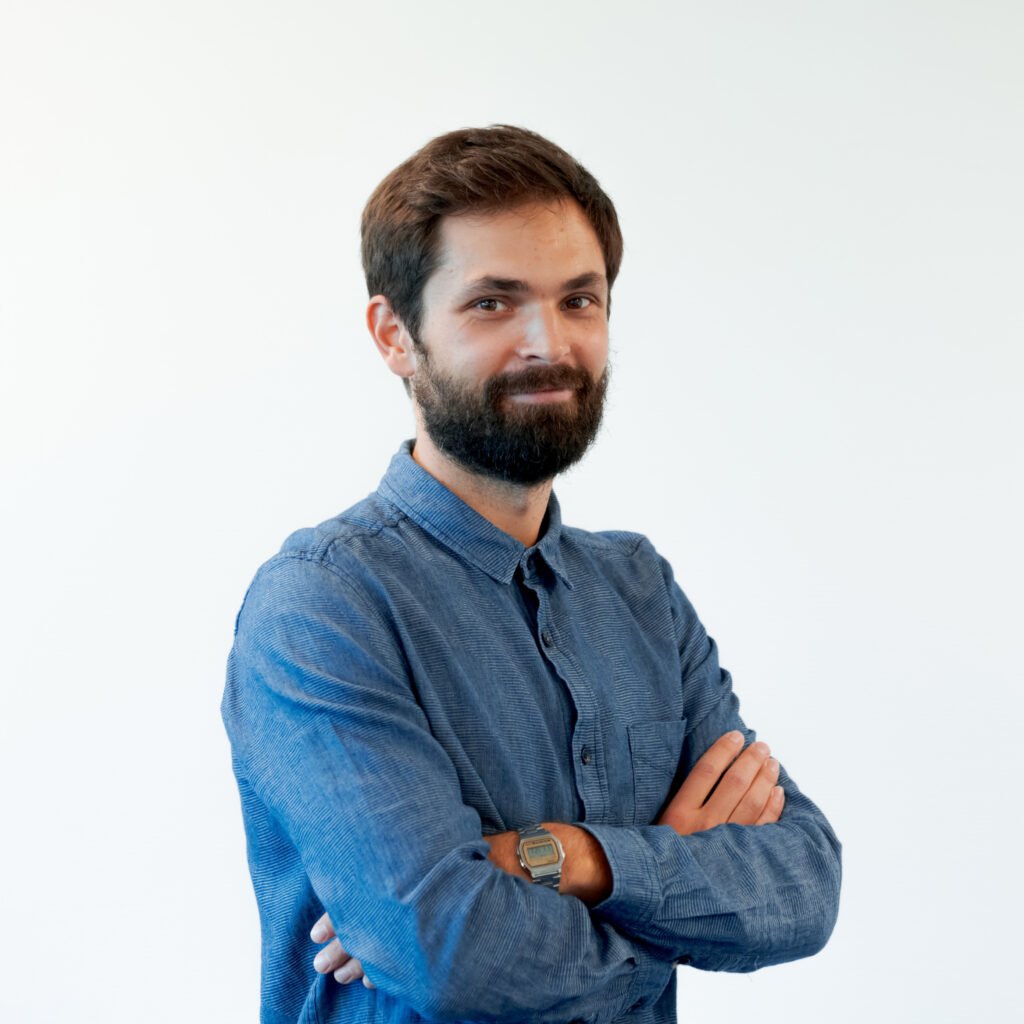
Simone Casiraghi is a visiting professor and postdoctoral researcher at Vrije Universiteit Brussel (VUB) in the Law, Science, Technology and Society (LSTS) research group. He earned a PhD in law in 2024, focusing on the intersection of law and institutionalized ethics in the context of AI, combining traditional legal analysis with STS perspectives and examining the discourses and institutions behind EU AI ethics initiatives, including policy, regulation, and industry-driven standardization efforts.
He is also a member of the Brussels Laboratory for Data Protection & Privacy Impact Assessments (d.pia.lab) at LSTS and treasurer of the Belgian section of the International Association for Philosophy of Law and Social Philosophy (B-IVR). His current research projects focus on legal philosophy, risk-based regulation, risk sociology, and energy communities.
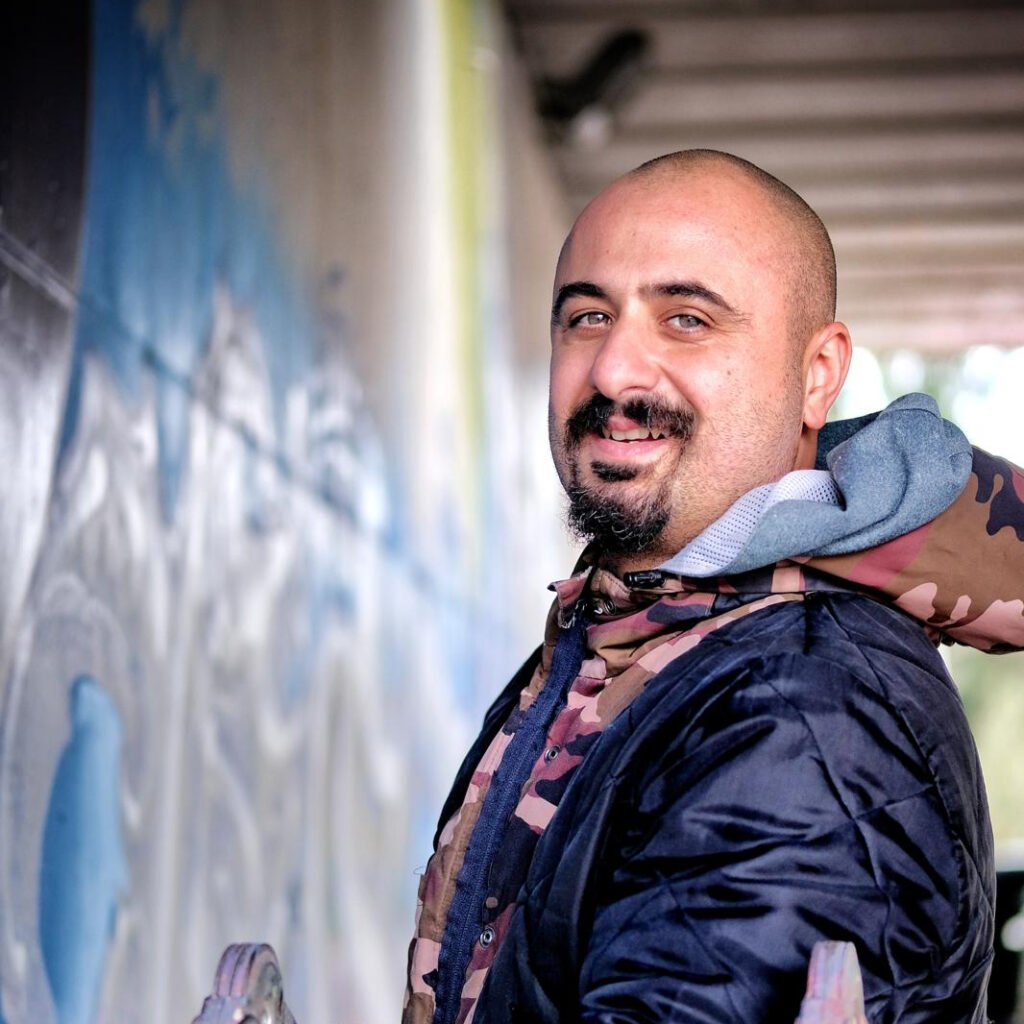
Fascinated from an early age by the graffiti covering the walls of his neighborhood, he soon began to devote himself to this art form as a self-taught artist. He later studied art at the Academy of Fine Arts in Urbino, where he graduated with honors, mastering techniques such as oil painting, acrylics, screen printing, and engraving. He temporarily abandoned street art to devote himself to tattooing, which became his main job, but later picked up his spray can again in a project called “ART ON TOUR,” where he combined his passion for art with his love of travel, living in his camper van and exploring and creating works in countries such as Greece, Spain, Portugal, Ireland, Switzerland, Luxembourg, Hawaii, the Netherlands, and Belgium. Inspired by his travels and the environment around him, he dreams of expanding the tour worldwide.
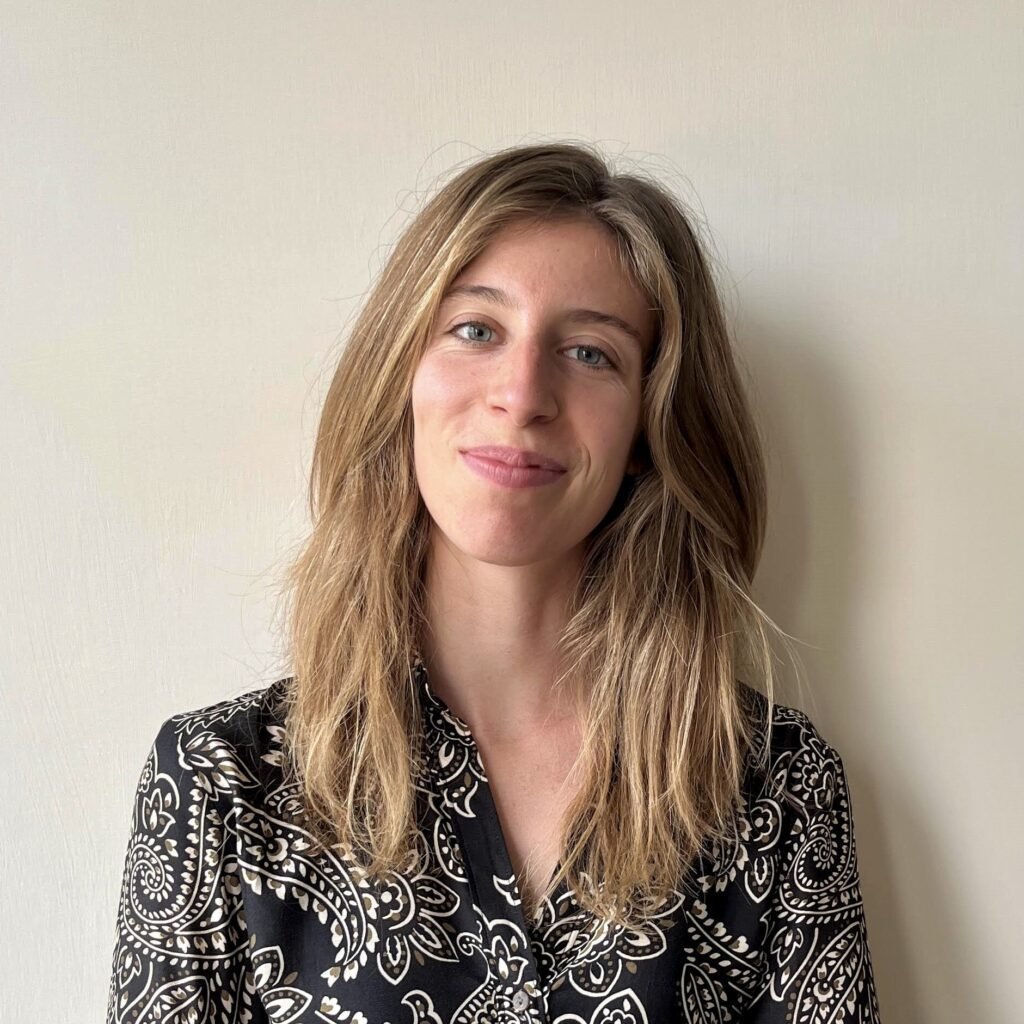
Viola Ducati, a philosophy graduate, works in environmental outreach and design and is a climate activist with the Rete Climatica Trentina.
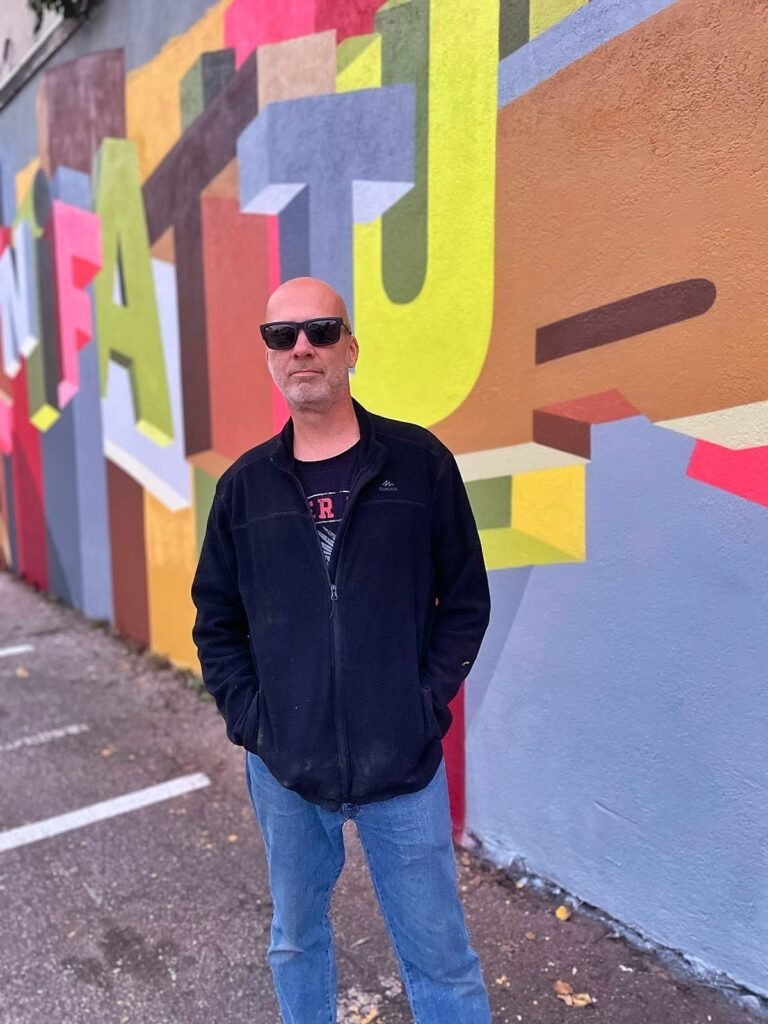


© 2024 All rights Reserved
P.IVA 02140300225